This post was a long due in my queue, but I haven’t had an opportunity to concentrate on writing it. Now it can’t postpone it any more.
TL;DR: Russian government is going to provide ~$2 000 000 to support development of animation software in Russia and our efforts to redirects those funds into open-source development.
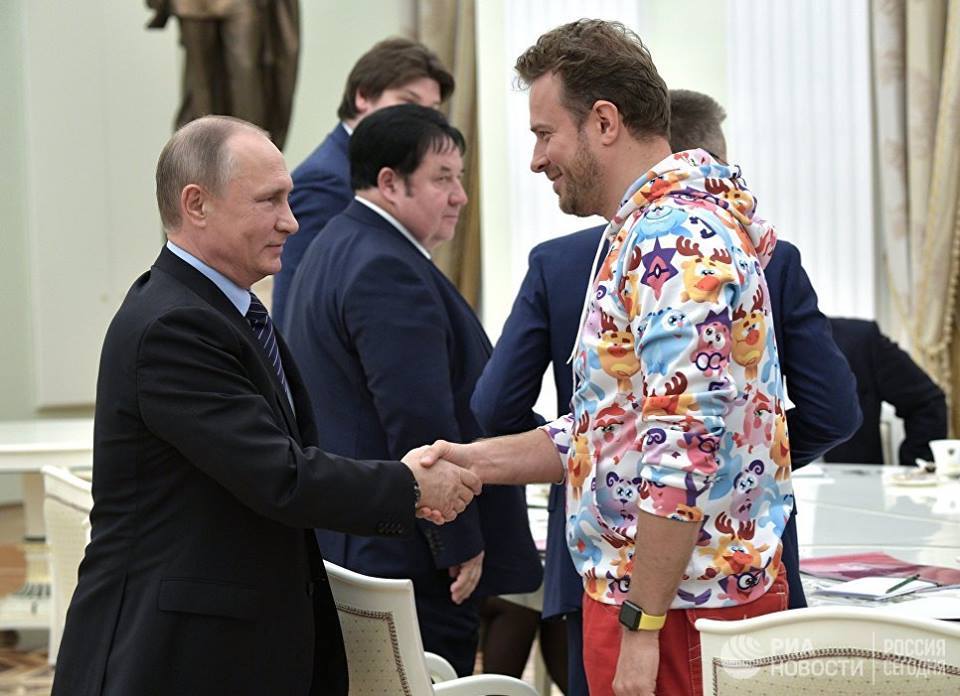
On May 31st, 2017 president Vladimir Putin met with representatives of major animation studios of Russia. The meeting was dedicated to discussing the main perspectives and problems of Russian animation industry.
The full transcript of the meeting (in Russian) is available on kremlin.ru website. If you can read Russian, then I am highly recommend to read it through.
Here I will outline the part that is most important for us – in the middle of discussion participants raised a problem of dependency from foreign (proprietary) software solutions. Here is a short excerpt:
| В.Сотсков: …Тут мы говорили об успехах анимации, но нужно отдавать себе отчёт, что все мы, кто здесь сидит, крупные индустриальные студии, работаем на импортном программном обеспечении. … | V. Sotskov: …We talk about achievements of animation industry, but we have to understand that we all (all representatives of big studios) are working on foreign software. … |
| И.Попов: На сегодня производитель производит программу, становятся отраслевым стандартом, все начинают её использовать. Завтра он выпускает обновлённое программное обеспечение, которое предполагает, что работа производится через облако и это облако находится не в России, а за рубежом. В этой ситуации вся отрасль вынуждена, если хочет дальше развиваться, будучи зависима от этого программного обеспечения, автоматически работать не здесь, а за пределами. … | I. Popov: If today some software vendor developes some applications and becomes industrial standard, then everyone is using it. Tomorrow the same vendor makes an update, which forces everyone to work through cloud and its resources. Obviously this cloud is located outside of Russia. In this situation the industry, being dependent from this software, will be forced to work outside of Russia. … |
| В.Путин: Что нужно, чтобы вам помочь? | V. Putin: What od you need to resolve this? |
| Ю.Слащева: Финансовая поддержка. | Y. Slasheva: Funding. |
| И.Попов: В данном случае речь идёт о некоем целевом гранте. … | I. Popov: In this case we talk about some special grant. … |
| В.Сотсков: И понятно, конечно, нельзя 100 процентов отвоевать, но какой-то кусок можно отвоевать, и чтобы все вычисления были где-то у нас. | V. Sotskov: It is obvious, that we cannot get 100% independency, but at least some portion. And to make sure that resources are remain in our hands. … |
| Ю.Слащева: Хотя бы снизить зависимость. … | Y. Slasheva: At least reduce dependency. … |
| В.Сотсков: Нужно создать такую среду, чтобы у нас появилась эта индустрия, которая стоит рядом с анимацией, которая просто туда бы вплетена была. Поэтому, конечно, должны работать мы все вместе и понимать, что нам нужно. | V. Sotskov: We need to create an ecosystem, that tightly integrates IT industry with animation industry. We have to work together and clearly understand what do we mean. |
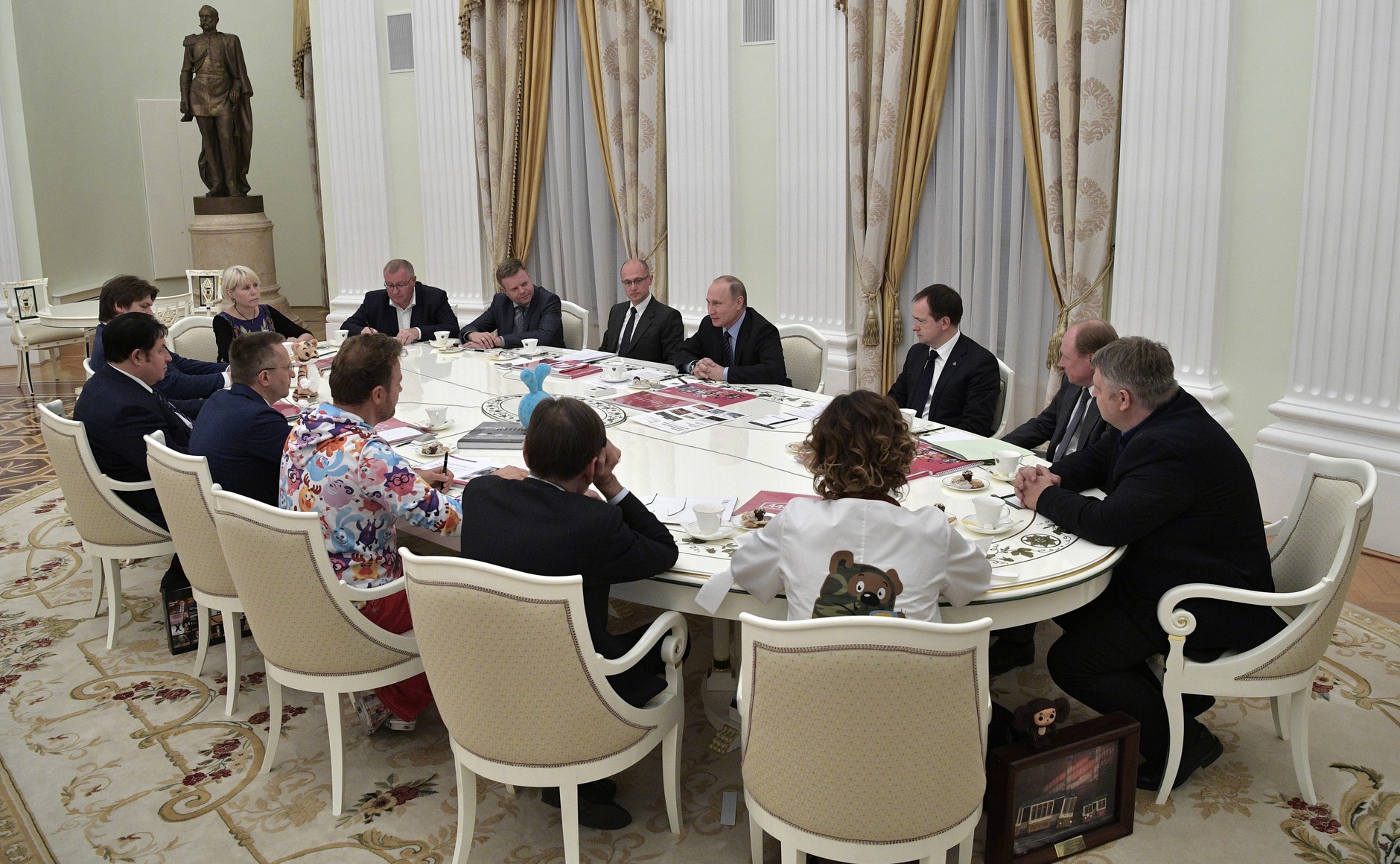
As result, president Vladimir Putin promised to provide funding in the amount of
50 million Russian rubles (~$900 000) for development of animation software in Russia.
This is really something. I doubt that any of representatives on the meeting were aware about open-source. But the important fact: now I know that the leaders of major studios are aware about the problem of dependency of (animation) industry from proprietary software. More than that, for the first time the problem was announced at the state level and recognized by government. For last 10 years I was always struggling to explain why and how open-source is important for animation, why our work is important. Not many were understanding. The events of May 31st are changing the landscape.
Of course, I was afraid of the worst scenario: they could invest all those funds into developing some Russian-specific proprietary software from scratch. I think it’s pretty much clear why I called it “worst”. For example, if we talk about 3D animation (which is a major interest for most studios), then everyone here know – we have Blender. It is already here, it is already powerful. So, what’s the problem? Human factor. Studios need people who know how to work with it, who know how to build production pipelines with it. So, from my point of view it is much more reasonable to invest into re-training of people resources for major studios.
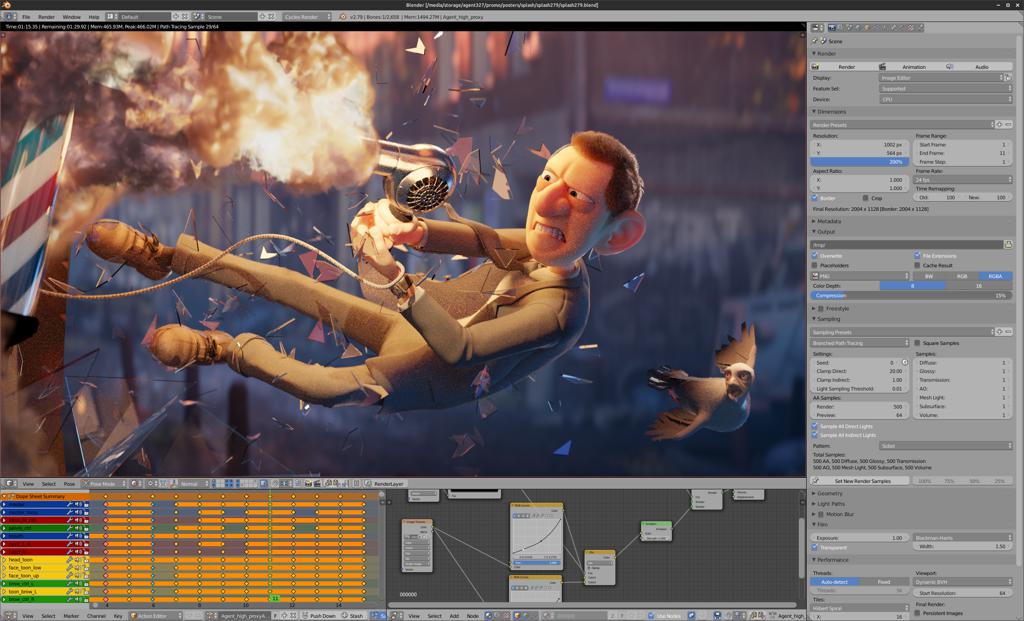
So, I have started my efforts to get in contact with people who are responsible for taking decision on that matter.
The responsibility for managing the activities related with upcoming funding of software development was delegated to special committee of Russian Animated Films Association (RAFA) and Ministry of Culture of Russian Federation. I have managed to get into (online) contact with several members of committee and outlined the possibility of solving the problem by adopting open-source solutions and investing into that sphere. I was heard. Unfortunately, there were no common agreement among the members of the committee.
Finally, the Russian Animated Films Association decided to launch an open grant contest for best project of Russian animation software. The contest was launched on June 22nd, 2017, offering the total yearly funding of 100 million Russian rubles (~$1 800 0000) – twice bigger than it was initially promised.
In July I have spent 3 weeks on preparing submission for contest. My apologies to everyone, who haven’t got replies from me during that period – this was a big and top-priority task that I was dedicating most of my time in that period, so I wasn’t able to respond for some mails.
The main purpose of my submission was to demonstrate how the problem could be effectively solved by adopting open-source software and there are already developments in that direction take place in Russia. The lead developer of Krita graphic editor Dmitry Kazakov also joined my efforts – he made a submission for Krita.
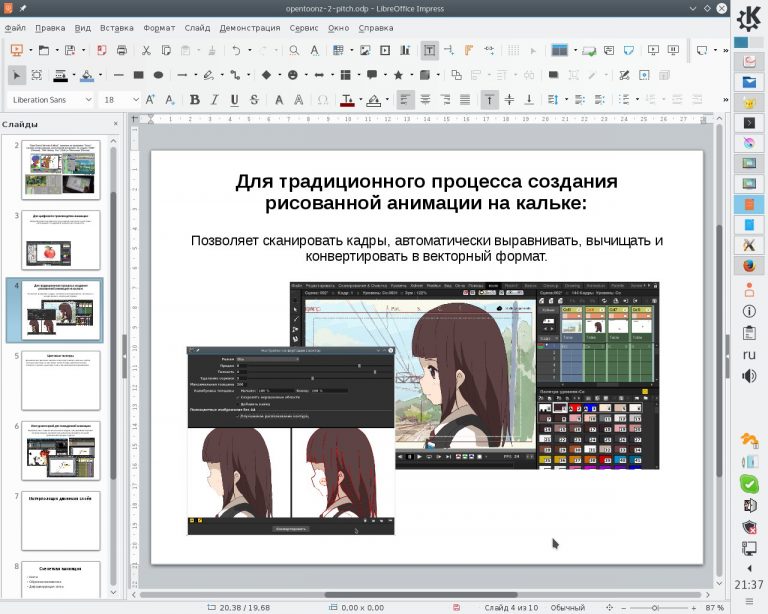
My submission was for development of OpenToonz (Morevna Edition). Initially I also planned to make a second one for Synfig, but didn’t managed to get it done in time.
If you are interested, the full submission (just a slightly censored because of private information) is published here.
The results of the contest should have been announced on August 1st, 2017. But that didn’t happened. On September 8th,2017 Russian Animated Films Association announced that committee have processed and analyzed all entries and forwarded them with appropriate recommendations to the Ministry of Culture of Russian Federation. As of today, the results of the contest remain unannounced.
In December 2017 I decided to take some further steps and submitted a proposal to make a public talk about our work on free software at XXIII Russian Animation Festival in Suzdal (also known as Suzdal Fest).
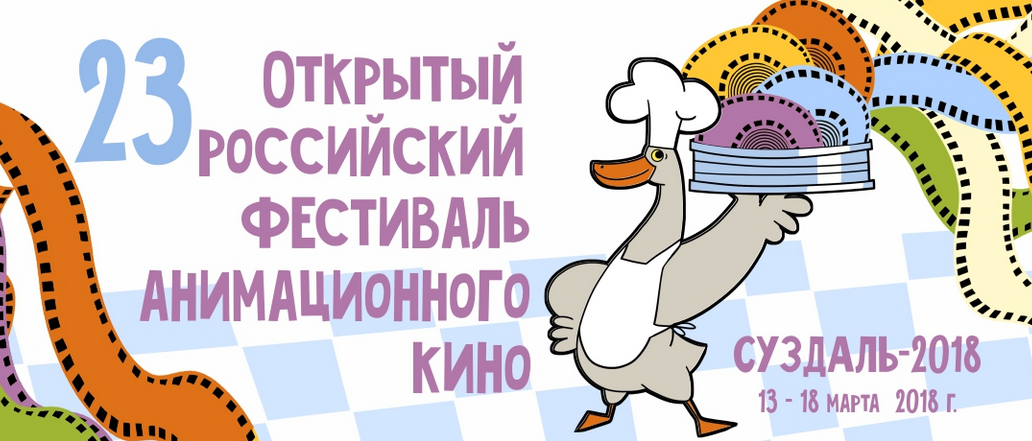
Suzdal Fest is a major annual animation event in Russia, which is attended by representatives from all major animation studios of Russia, as well as independent artists. The main idea of my initiative is to attract attention and give a broader publicity to our activities in regard of events of May 2017.
I have talked with committee of Suzdal Fest and they agreed to give me a free slot for my public talk. Unfortunately, they were not able to provide any compensation for travel expenses.
So, in January 2018 I have launched a quick crowdfunding campaign. My initiative got supported by OpenToonz community and campaign got successfully funded in 5 days.
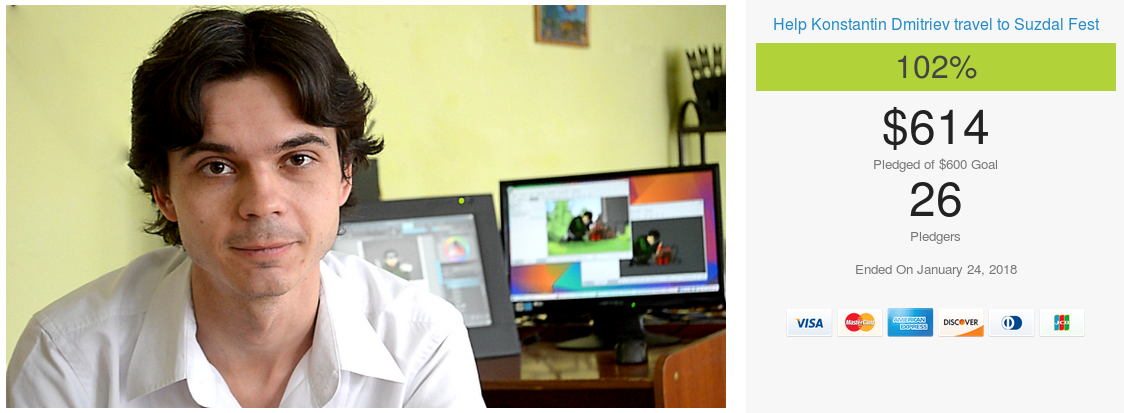
Also, just recently my initiative got additional support from “SoyuzMultFilm” animation studio (yes, this is that “SoyuzMultFilm”). They invited me to visit their studio in Moscow to give an additional talk for studio staff. The studio is also kindly provided an extra sponsorship to compensate related expenses.
In Moscow I will also host a quick meeting for the fans of Morevna Project. So, if you are in Moscow on 11th of March – feel free to drop in! More information about the meeting here – https://vk.com/morevnacon2018.
So, the schedule of my trip is follows:
- March 11 – Meeting with Morevna fans (Moscow).
- March 13-18 – Suzdal Fest (Suzdal). My talk will take place on 16th of March. Dmitry Kazakov from Krita will join us there! Also, Pepper&Carrot Motion Comic will be screened on March 17th.
- March 19-20 – Two days at “SoyuzMultFilm” animation studio (Moscow).
- March 21 – Visit to Pilot animation studio (Moscow).
So, this is it. This post is finally written and I have a whole 12 hours till my flight. Thank you for reading! ^__^

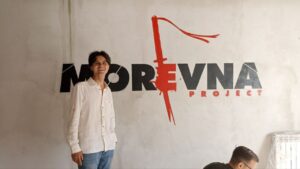
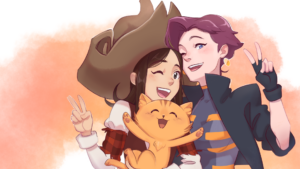
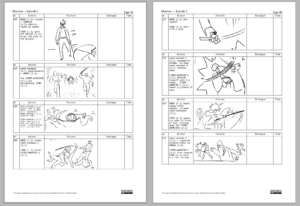
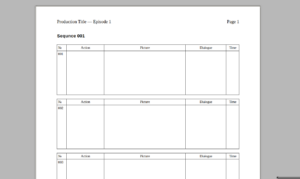
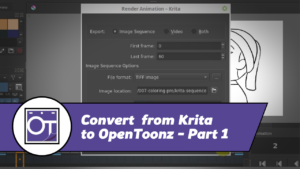
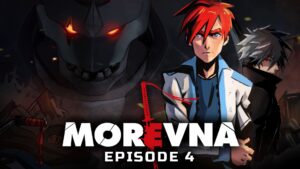
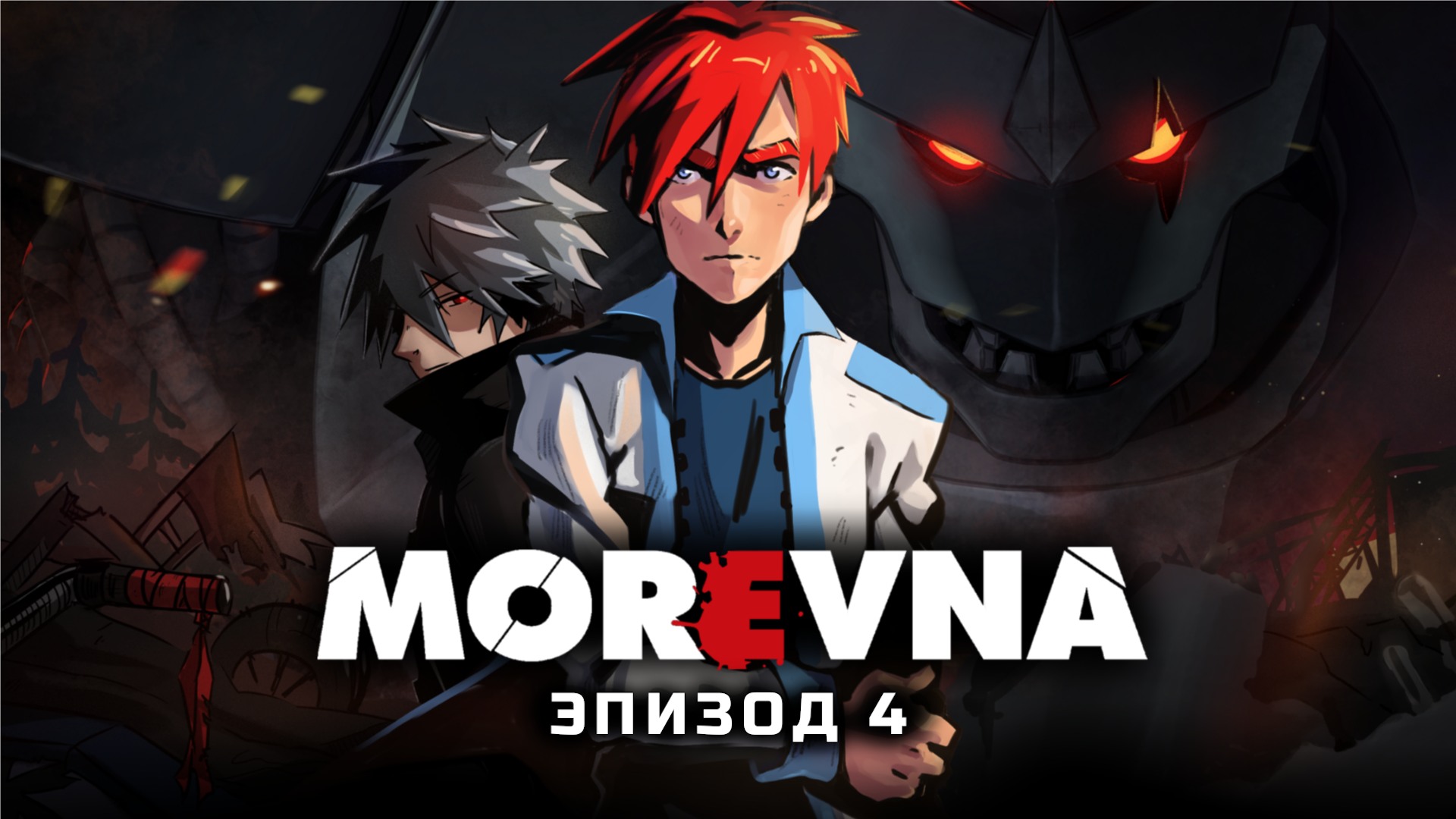
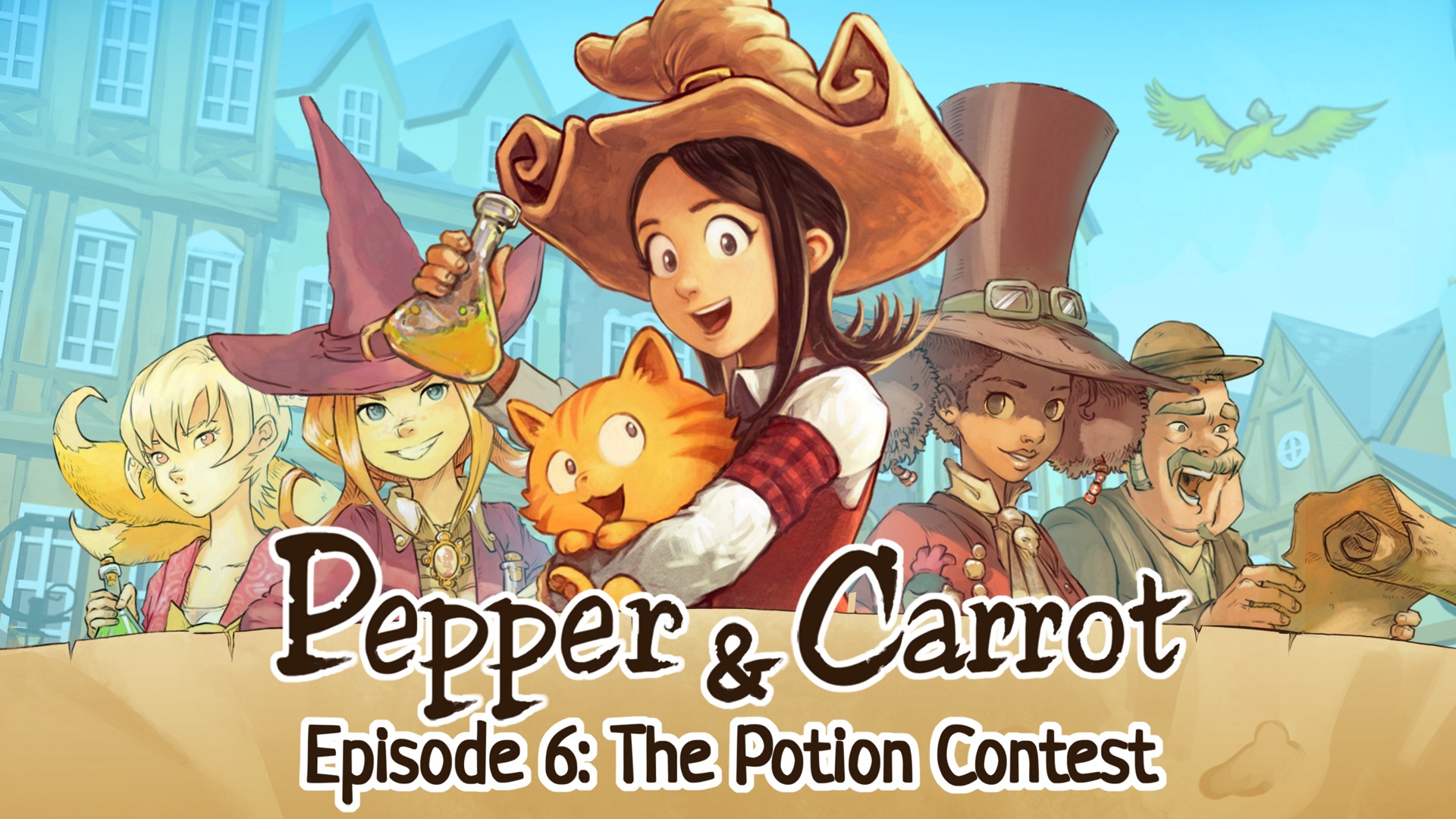
7 Responses
Was kind of overwhelmed by your report. And also a little proud that I have been a patron of your efforts (nearly) since its beginnings.
Have had a similar experience & affiliation with Blender. So Open Sourcing really WORKS – over the boundaries set by politics & ideologies ;-P …
Hope that at least some of your dreams come true – you really DESERVE it !
All the best
Wolfram
Hello Wolfram! Thank you very much for your continuous support and positive feedback. For me it is really inspiring when I hear from someone, who follow for the project that closely! Will do my best! ^__^
Thank you for your continued efforts. I know that if someone can do it, that someone is probably you. Go for it, Konstantin, we are all behind you!
Really glad to here this. hope this works out and the free software gets this yummy funding! ill have to keep an eye out for your future crowdfunds.
Excellent work. I totally agree with you. There is good software already developing well, Why start from scratch when so much work has already been done? People need to start learning to use these programs like synfig. The trick is helping them to make the transition. The initial steps are often seen as a step backwards. I did this, and it was a step backwards of about 2 to 4 years, but once I got used to the programs, I am convinced it is the way of the future, and I have now caught up and surpassed where the propriety programs I was using, were at the time of transition, and they are fast catching up to where propriety programs are now. It is worth it. Keep up the good work.
Yes, the transition is always like a “step backwards” for some period. This is especially expensive for big studios. But it is really well said that it is an investment into future.
Now that’s a news I didn’t think I’d hear. I really hope your efforts can bare fruit, man! If the money isn’t spent on proprietary stuff and instead invested into open-source, pretty much everybody benefits from it (and on top of that, the development also goes faster due to voluntary contribution by other people).